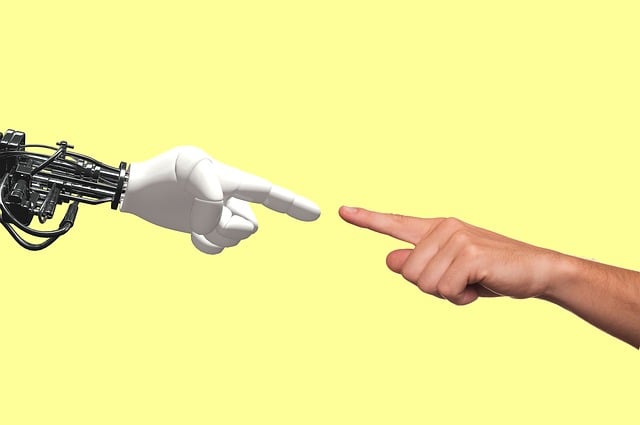
Future of Work: What the Workforce Will Be Like in 10 Years
Are You Hiring?
Find candidates in 72 Hours with 5+ million talents in Maukerja Malaysia & Ricebowl using Job Ads.
Hire NowEver wondered how the future of work will be?
Technology and innovation are unstoppable as they create new opportunities and challenges that will shape the years to come. If you wish to know the transformative trends that will reshape the workplace, you will need to explore how these technologies are radically changing the foundation of our economy and workforce.
2021: The duality of the mobile workforce
We’ve been introduced to mobile technology and cloud-based solutions as it is now possible to work anytime and anywhere. Now the mix of generations consisting of Baby Boomers, Gen X, Millennials, and Gen Z creates a complicated dynamic of working styles and productivity drivers that cannot be ignored.
By 2021, 60% of Global 2000 largest public companies will have adopted a future-workspace model, IDC predicted. Work starts to become less of a place you go and more of a task you perform. Employees will expect to be able to work whenever they want, wherever they want.

Generation Z will start to take over the workplace.
Employee safety and health will remain the highest priority among all organisations. Businesses that are equipped with the right policies and innovative technologies will be able to adapt to the post-COVID-19 world. They will cater to the needs for social distancing and bring teams together through virtual conferences, thus minimising business disruptions.
Organisations must know how to bridge the digital skills gap in their workforce. Businesses also need to reskill experienced workers while at the same time empower a new generation of workers and adjust to the sudden changes to the way we work.
As a remote workforce becomes the new reality, businesses should re-examine their organisational capabilities on whether they are truly prepared to evolve the traditional 9-to-5 desk job to meet the needs and expectations of employees.
2025: Understanding and satisfying the expectations of Gen Z
We have experienced the first wave of Gen Z employees in 2019. This generation grew up with cutting-edge technology and are hyperconnected, collaborative
The first wave of Gen Z employees started infiltrating workforces in 2019. They have grown up with cutting-edge technology and are a hyperconnected, collaborative unit that is used to learning and working groups.
According to the Dell Technologies' Gen Z: the future has arrived research, 55% in Asia Pacific Japan (APJ) region believe that humans and machines will work as integrated teams and 36% see machines as tools for humans to use as needed.
Gen Z employees prefer to focus their skills at employers that provide the flexibility and freedom to be entrepreneurial through personalised roles. Gen Z employees see the technology industry as the best place to pursue these career goals.
In the next five years, companies will need to change the hierarchical power dynamic between employees and employers to provide Gen Z employees with career paths that develop their skills in new ways.
2030: People and technology lay the foundation of the organisation
In the year 2030, the workplace will be unrecognisable. The fourth industrial revolution would have fully taken place. Technology and IT solutions will seamlessly support and offload workplace tasks. This will reshape the responsibilities and roles of employers and employees.
In the next 10 years, employees and companies will adapt as automation takes over boring tasks, and new work opportunities will rise, involving qualities and skills that are fundamentally human. According to the Gen Z study, 91% in APJ recognise that we are entering the age of human-machine partnerships.

In 2030, humans and machines will be even more connected than ever.
Companies should expect IT to be an important piece among all functions of the organisation. IT will be the invisible threads that drive and connect everything between workers and machines.
Organisations that successfully achieve digital workplace transformations will be at an advantage over businesses struggling with legacy systems and workforces unprepared for change.
It’s very vital for today’s organisations to lay the groundwork for their digital future, and help bring to fruition the next wave of human-led, technology-underpinned progress.
In the age where changes happen overnight, strategic investments in talent and technology will set a strong foundation for a more resilient organisation ready for the future.
Source: Human Resources Online
Looking for Non-Executive Staff? AJobThing.com is your top choice to hire quickly and efficiently. Try it today!

